Tinubu's Strategic Move: Engaging Labour Unions on Minimum Wage
In a bid to address a pressing and contentious national issue, President Bola Tinubu has extended an invitation to the Nigeria Labour Congress (NLC) and the Trade Union Congress (TUC) for critical talks. The key agenda? The new minimum wage. Slated for Thursday, July 11, 2024, this meeting is seen as a pivotal step in bridging significant differences between the government and labour unions on what constitutes a fair, livable wage in Nigeria.
The Debate Over Minimum Wage
The current minimum wage proposal has stirred a notable controversy. While the Federal Government and Organised Private Sector have reached a consensus on ₦62,000, this figure has not sat well with the labour unions. The NLC and TUC have categorically rejected this amount, maintaining that an ideal minimum wage should be pegged at ₦250,000. Their argument is rooted in the belief that ₦62,000 is inadequate, potentially leading to job losses and worsening living conditions.
The stakes are high as the meeting approaches, with both sides staunchly defending their positions. For the government, the agreed-upon amount represents a balance that considers economic realities and fiscal constraints. However, the unions contend that the figure is insufficient to meet the basic needs of workers, especially in a country grappling with inflation and worsening economic conditions.
Addressing Worker Concerns
TUC President Festus Osifo has been particularly vocal about the union's stance. He emphasizes that the union is committed to ensuring swift and effective negotiations, mindful of the delays that marred the 2019 minimum wage talks. Those negotiations stretched over two gruelling years, a scenario the unions are determined to avoid this time around.
The meeting, therefore, carries significant implications not only for the immediate future of Nigerian workers but for the broader socio-economic landscape of the country. Workers are anxious, their hopes pinned on the outcome. A fair and just resolution could signal a new era of improved worker welfare and economic stability.
Historical Context and Importance
The issue of minimum wage in Nigeria is far from new. Historical precedents show frequent clashes between the government and labour unions, each episode marked by intense negotiations and, occasionally, industrial actions. The minimum wage struggle can be seen as a microcosm of the broader economic challenges facing the nation.
At its core, the wage issue reflects the tug-of-war between economic policies and the lived realities of workers. The government often finds itself caught between trying to stimulate economic growth and ensuring the populace is not left struggling. On the other hand, labour unions argue that a well-compensated workforce is essential for productivity and economic stability.
The Path Forward
As Nigeria stands on the brink of another crucial negotiation, all eyes will be on President Tinubu and the labour union leaders. The path forward requires not just compromise but also a deep understanding of Nigeria's economic and social fabric.
A positive outcome from the July 11 meeting could set a precedent for future negotiations, demonstrating that even seemingly intractable disputes can be resolved through dialogue and mutual understanding. For now, millions of Nigerian workers wait in anticipation, hopeful that their voices will be heard, and their hard work adequately rewarded.
Potential Outcomes
While the exact outcome of the meeting remains uncertain, several scenarios are possible. The government could agree to a higher figure than ₦62,000 but less than the ₦250,000 demanded by the unions. Alternatively, a phased approach to wage increases could be considered, providing an incremental raise that could eventually meet the unions' demands over a specified period.
An outright stalemate is also a possibility, although both sides seem keen to avoid this. A breakdown in talks could lead to strikes and other forms of industrial action, further complicating Nigeria's already challenging economic landscape.
The Broader Implications
The implications of this meeting extend beyond the immediate question of wages. The outcome could affect investor confidence, the overall economic health of the nation, and the morale of the Nigerian workforce. It is a delicate balance that requires careful, considerate handling.
For President Tinubu, this meeting represents an opportunity to showcase his commitment to worker welfare and his ability to lead through complex negotiations. For the labour unions, it is a chance to demonstrate their resolve and their role as defenders of workers' rights.
Conclusion
As the meeting date approaches, the atmosphere is thick with anticipation. This is more than just a negotiation; it is a test of leadership, resolve, and the ability to find common ground in the face of significant challenges. Whether a mutually acceptable solution can be found remains to be seen. Nevertheless, the outcome will undoubtedly shape the course of Nigeria's socio-economic future for years to come.
More updates will follow as we keep a close watch on what unfolds during this critical meeting. The nation waits with bated breath, hoping for a resolution that brings fairness, stability, and economic prosperity.
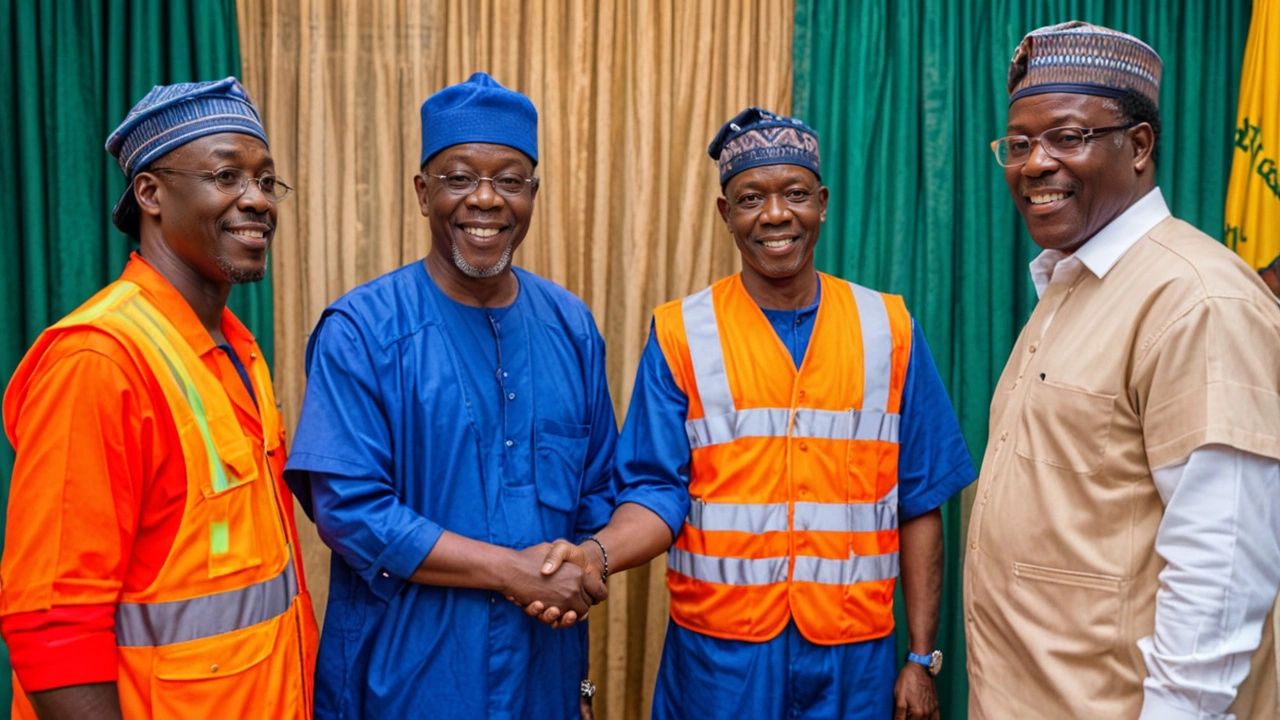

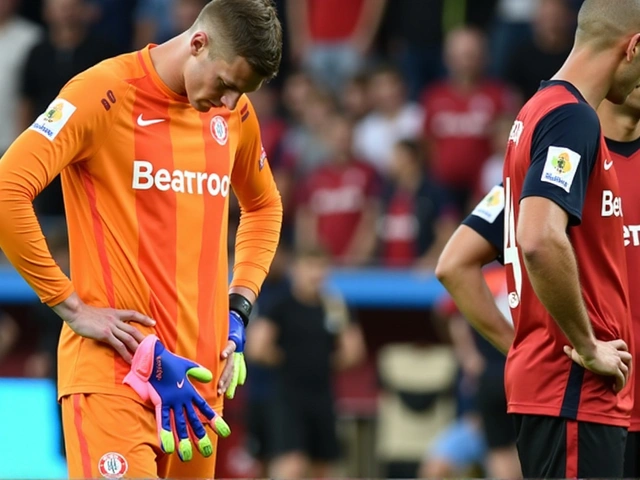
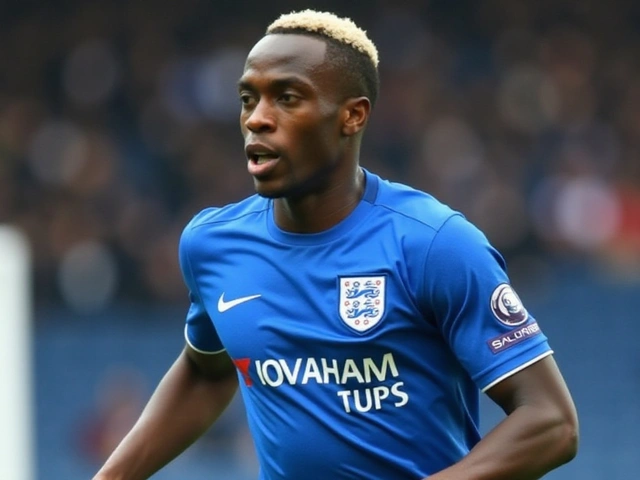
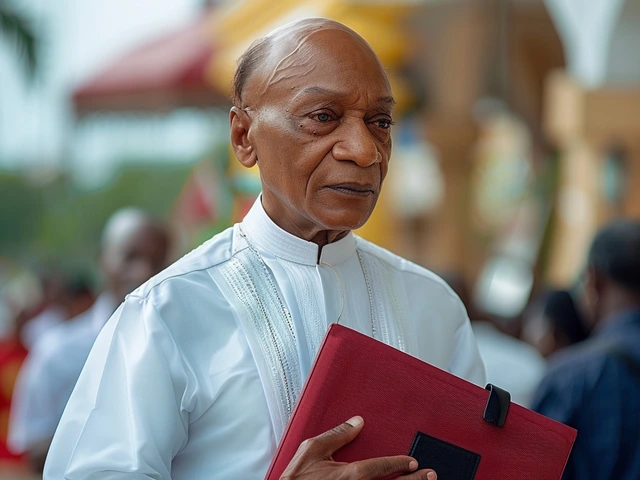
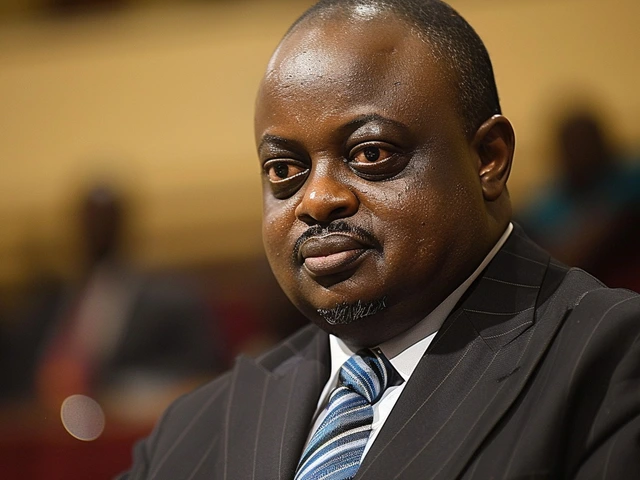
Write a comment